The next big thing
Metaverse is an immersive virtual world that has taken the place of conventional Web 2.0. It is a network of 3D virtual worlds that may be accessed using a virtual reality headset. Users traverse it through their eyes, feedback controllers, or voice instructions.
The concept of the metaverse was initially established in science fiction films such as The Matrix, but it has since found a home in real life. Its reality came into clear view with the creation of nonfungible tokens (NFTs). The Metaverse is now a creative core for virtual reality (VR), augmented reality (AR), social networking, and online gaming (AR). Thus, the next 3D version of the internet.
According to Bloomberg’s Research, the metaverse market will grow from $500 billion in 2020 to $800 billion by 2024. It is natural for content creators and brands to capitalize on the increasing demand for virtual spaces.
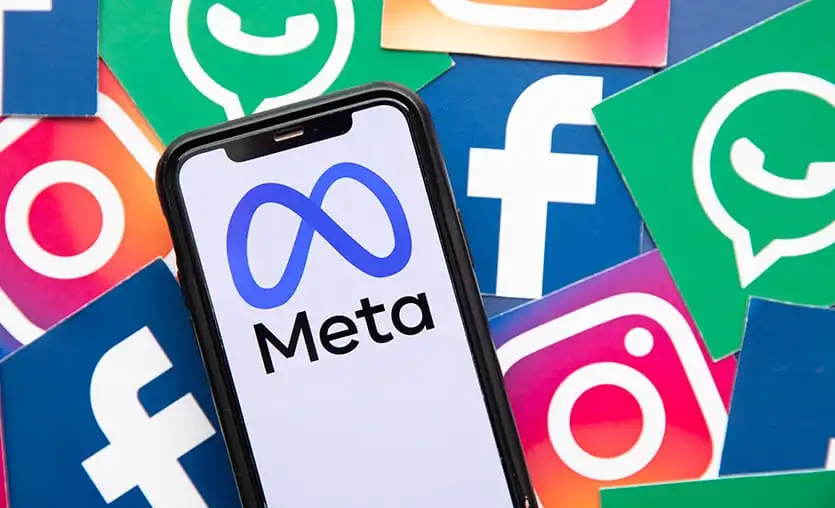
Meta and the Metaverse
It is impossible to discuss the development of virtual worlds without discussing META.
In October 2021, when Mark Zuckerberg rebranded his companies under the parent name META, he ensured that the metaverse would soon become a full reality. Meta Inc. spent $10 billion in 2021 alone. In fact, the company plans to invest heavily in all aspects of the metaverse.
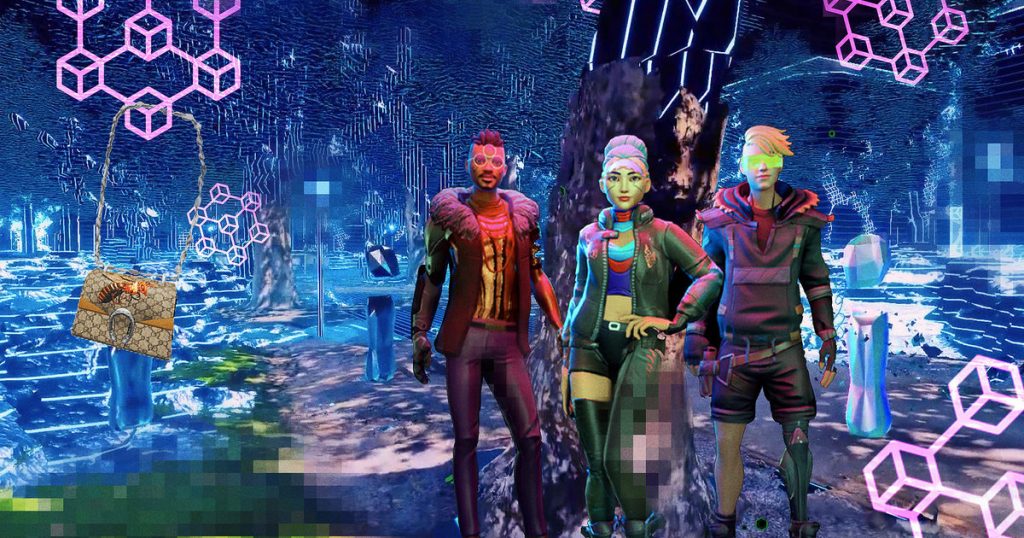
How does metaverse affect content creation?
The metaverse requires 3D content in both VR and AR formats, which will become increasingly interactive as technology advances. Content are expected to stimulate all the senses by immersing users in a multisensory experience instead of just connecting us to our friends over 2D web pages.
In the future, we will convert what we now refer to as interactive content into 3D. The content will be created as 3D digital avatars of the creators and their actual surroundings in their niche.
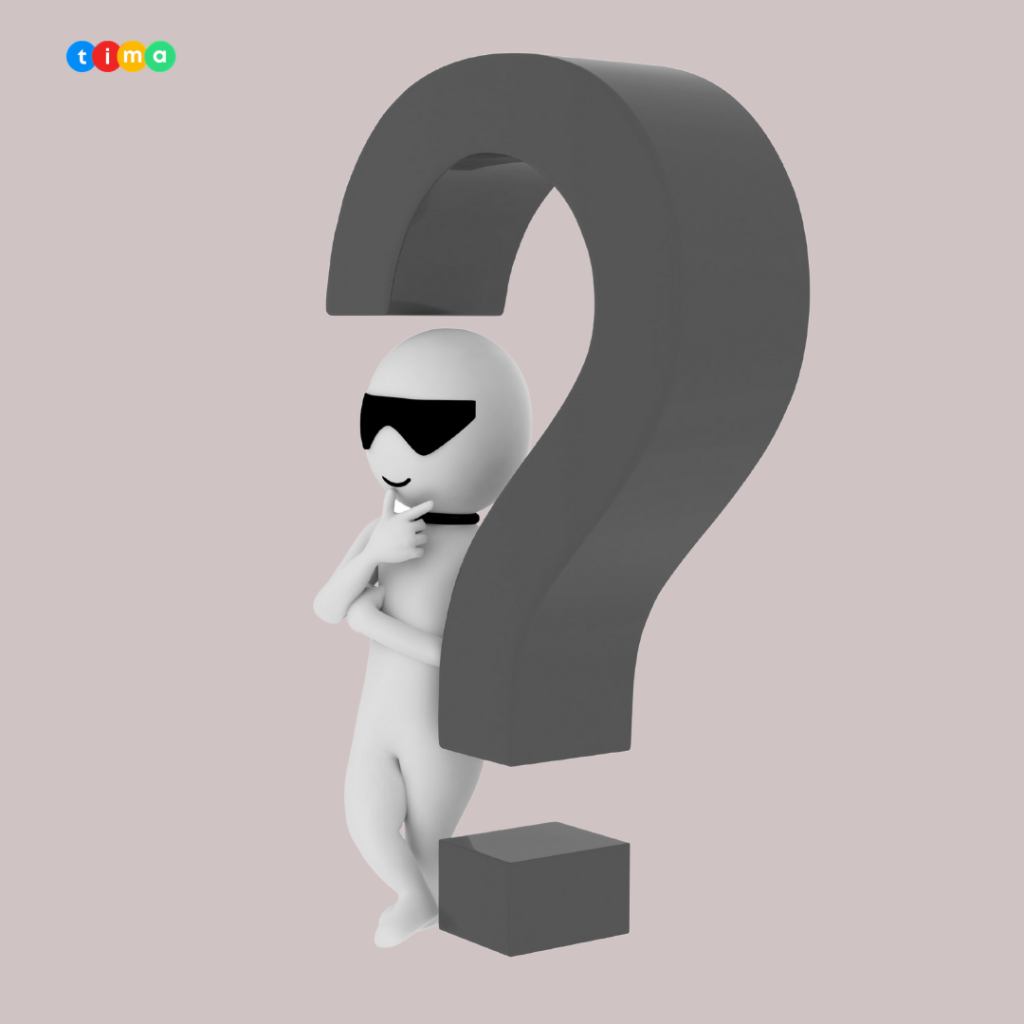
How can creators start adding a touch of the metaverse to their content?
Content creators must find new ways to make content more interactive and virtual.
What does this mean?
Content creators will have to learn to work with AI-assisted tools to produce compelling and engaging content under these new conditions. This may involve using artificial intelligence (AI) technologies like video editing or animation programs—or even music composition software—to translate their high-level content into interactive form
Fully immersive 3D experiences can be created when influencers partner with brands. For example, alongside posting a workout video in a brand’s athleticwear an influencer may invite their followers to join them on a virtual journey through the metaverse where they will run together towards physical and mental wellness (and maybe even get some free sneakers while at it!).
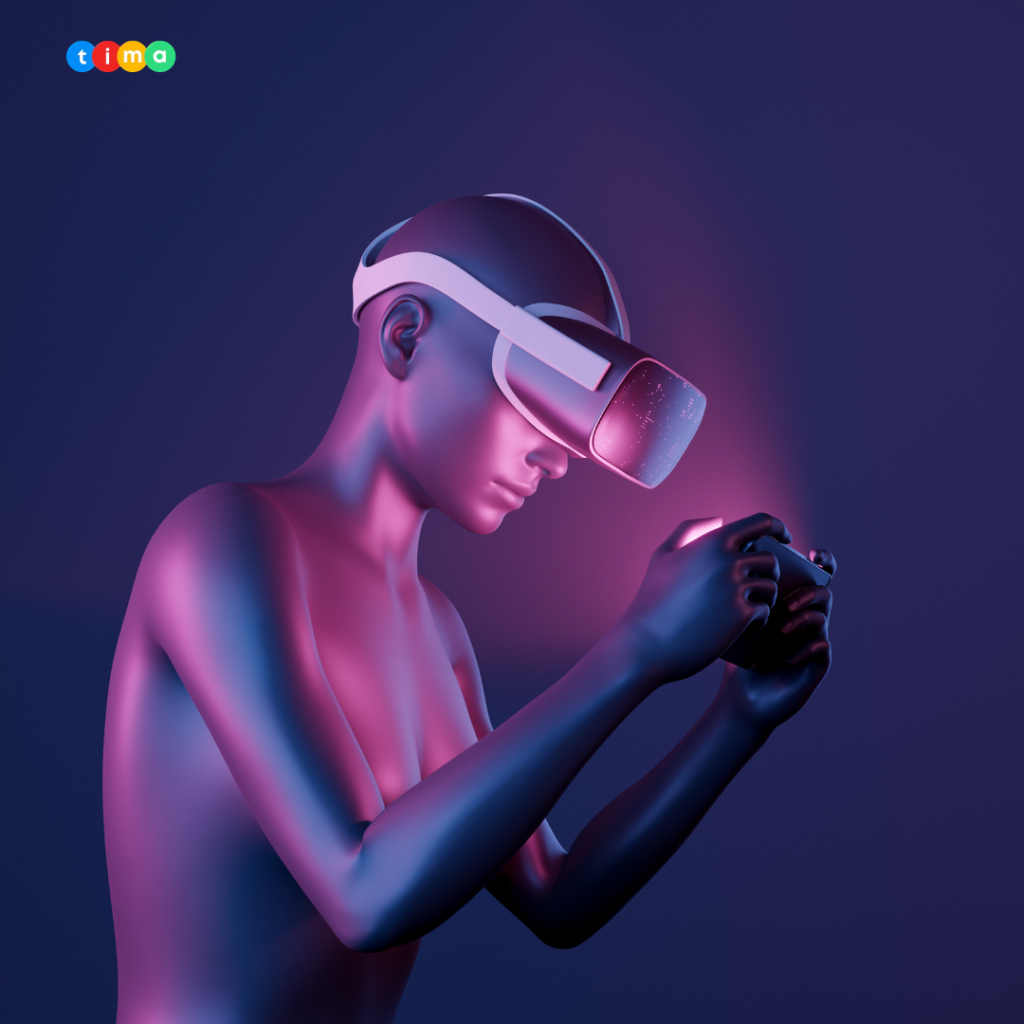
“At the end of the day, it is the creators and developers who are going to build the metaverse and make this real” – Mark Zuckerberg.
Last words, the next generation of digital marketing is changing the way brands are communicating with their audience. It should be an exciting time for creators moving forward, with technology at its core. Even though the metaverse is still in its early days of development, it is already poised to become the next big thing. Creators should be ready to work with this next big thing as the opportunities for them is vast.


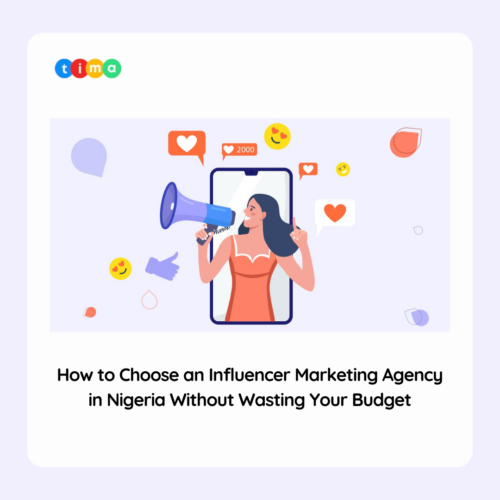
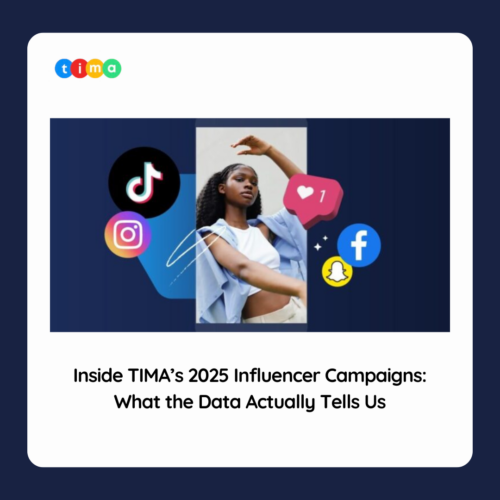
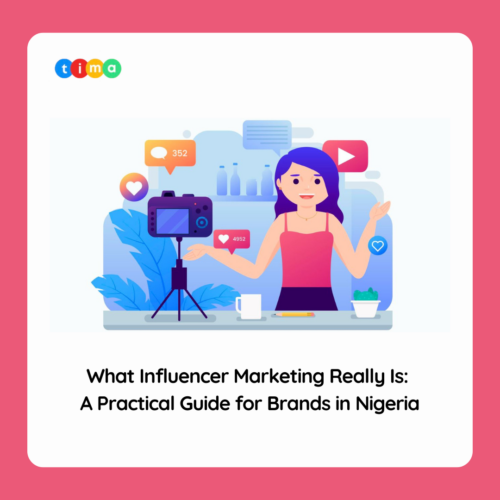
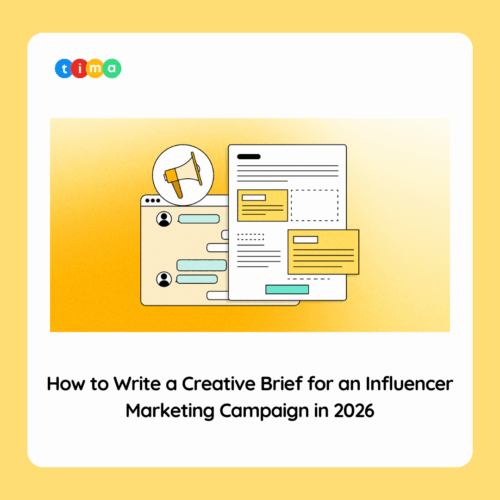
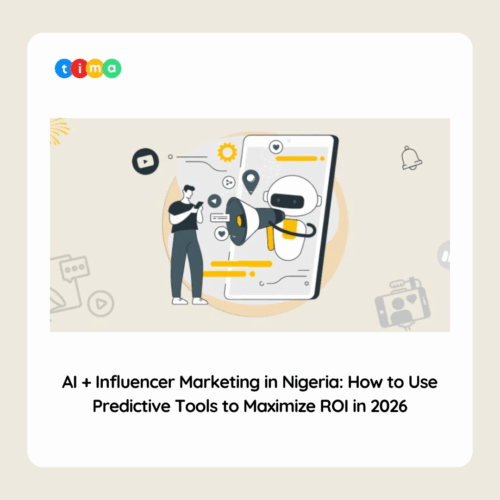
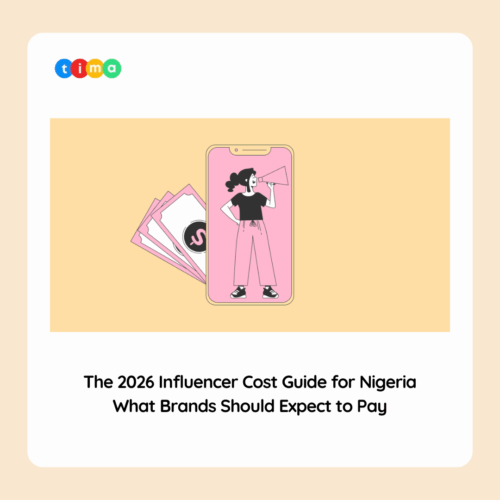
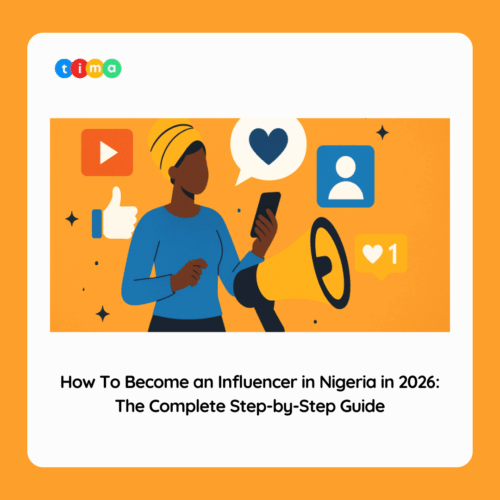
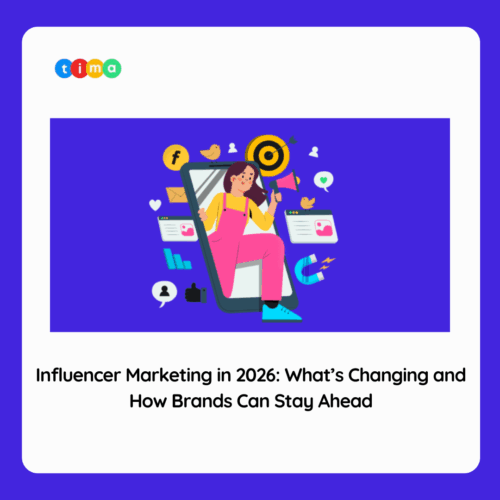
[…] people are just trying to tap into The Metaverse by all […]
[…] sea, Naira Marley, Skepta, and Don Toliver. Each and everyone of these music superstars add their creative eloquence to the sound to make a feel good music appeal, that is not just sublime, but artistic and […]